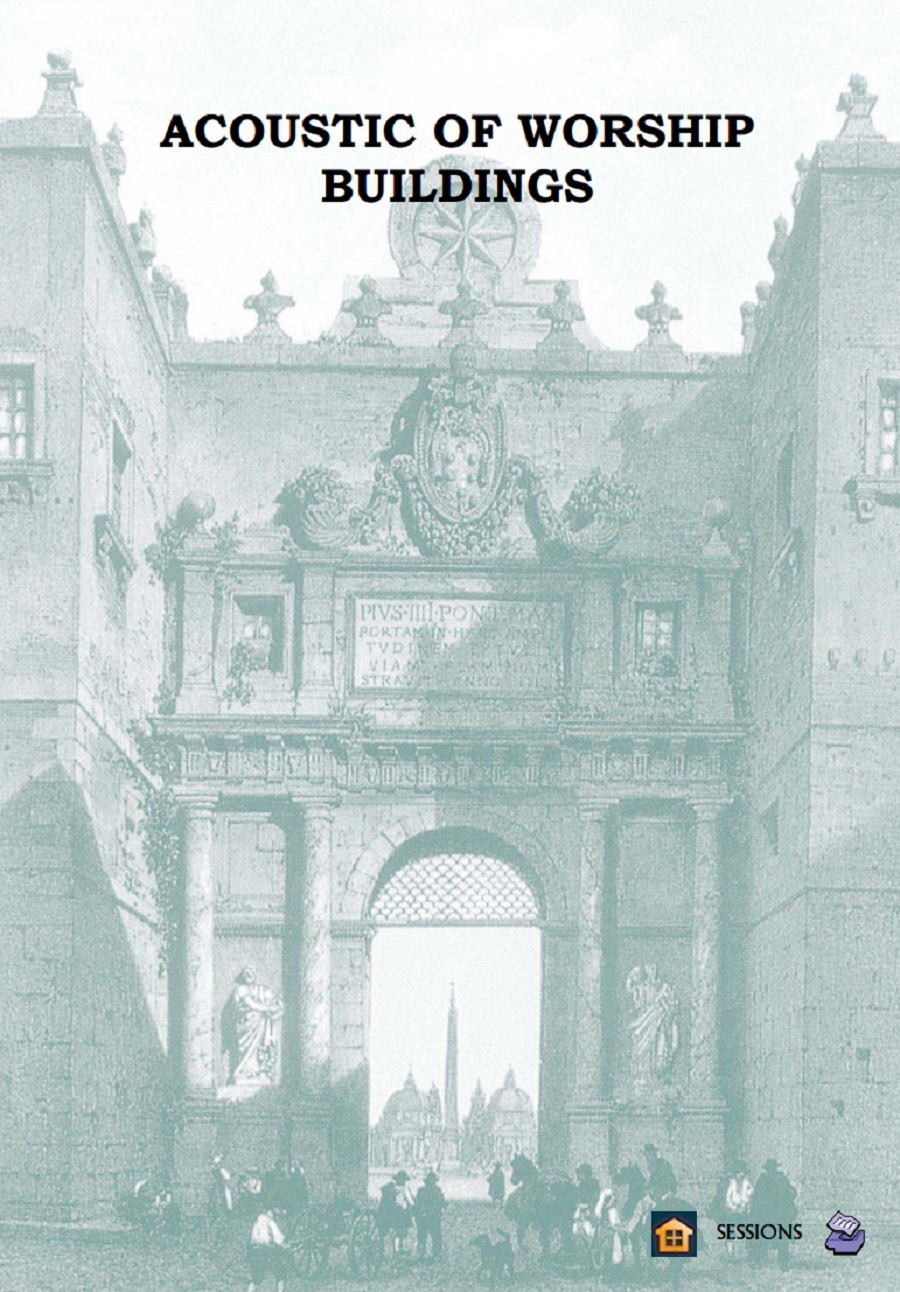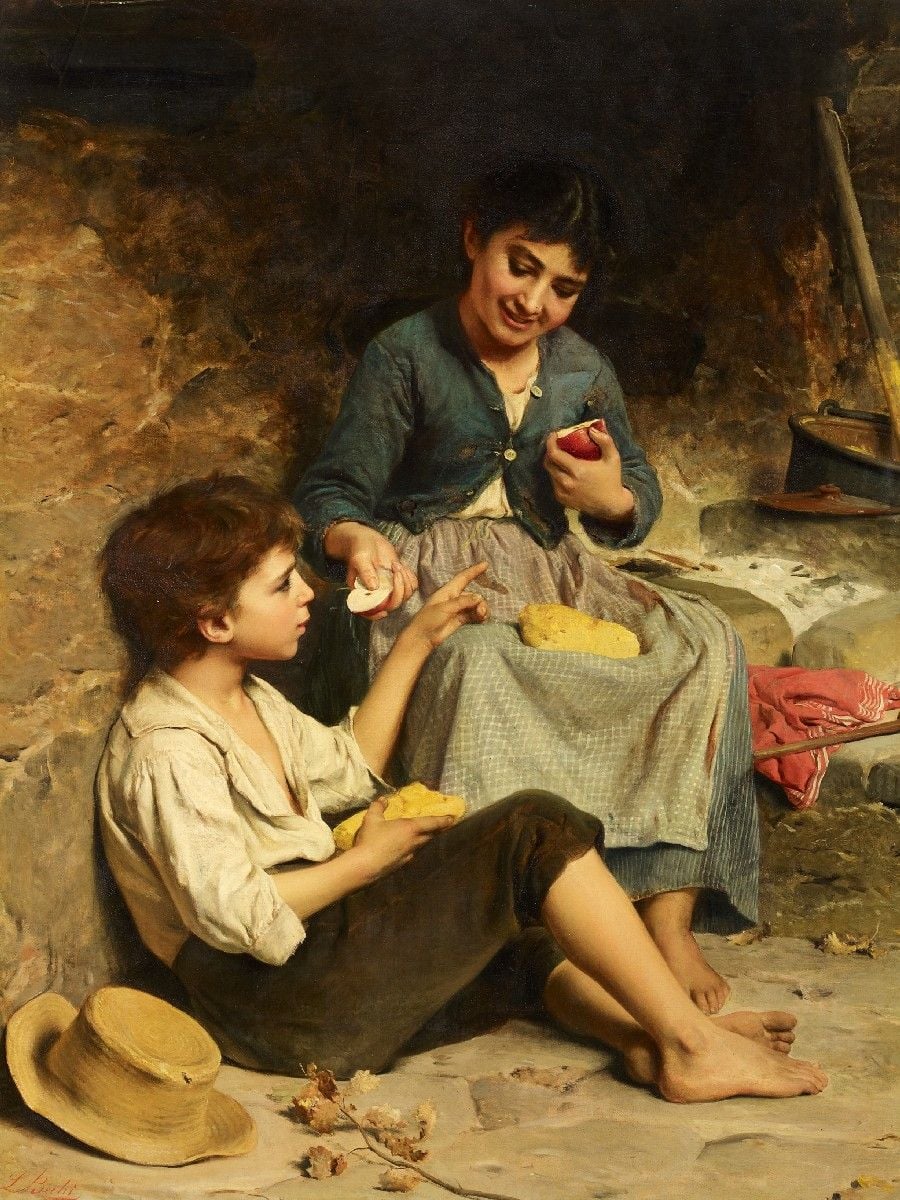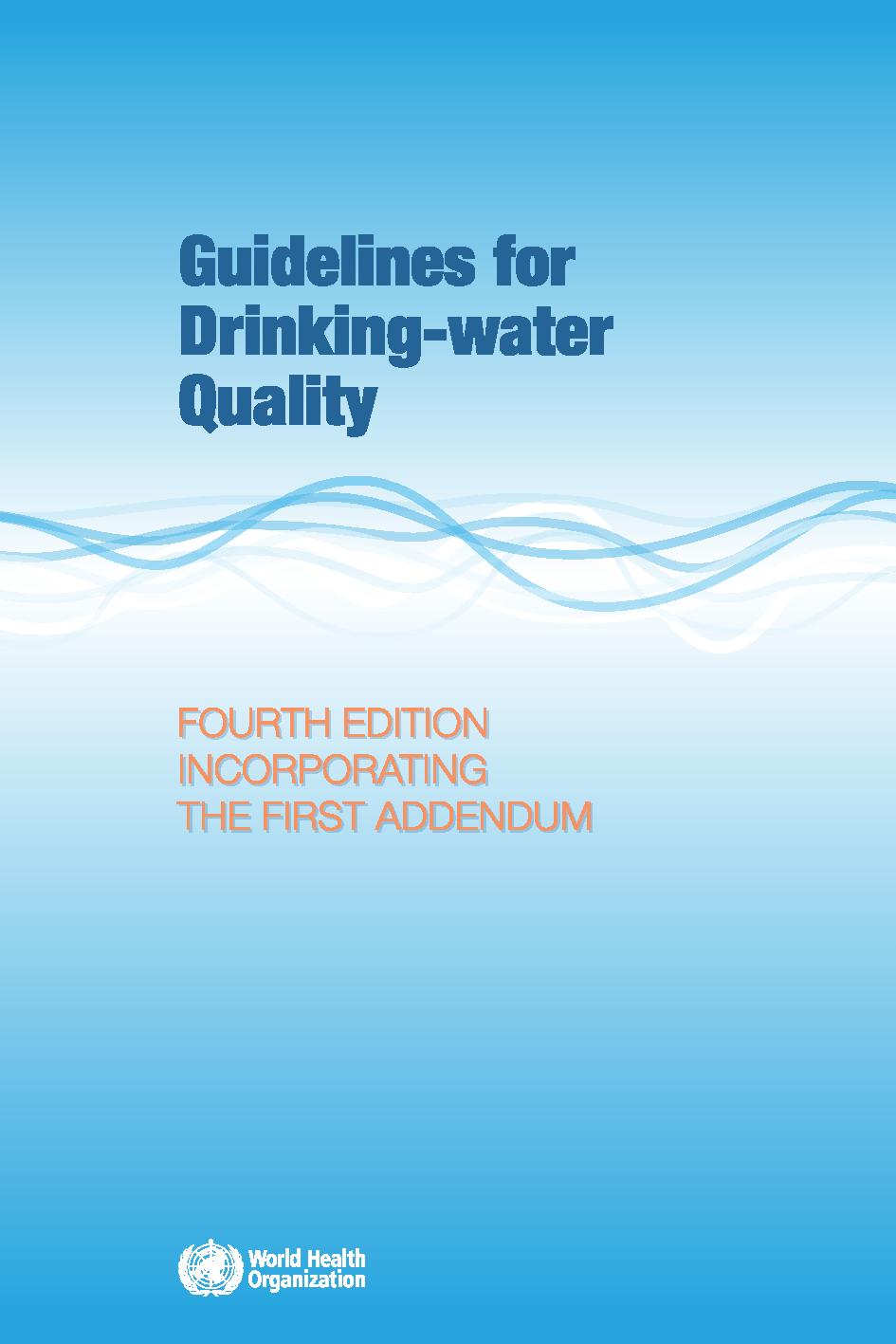Tag Archives: United Nations
- Home
- Posts tagged "United Nations"

History of Western Civilization Told Through the Acoustics of its Worship Spaces
Abstract. Insights into the history and future of western civilization are found by applying information theory to the acoustical communication channel (ACC) of its worship spaces. Properties of the ACC have both influenced and reflected the choice of message coding (e.g., speech or music) at various times. Speech coding is efficient for acoustically dry ACCs, but hopeless for highly time-dispersive ACCs. Music coding is appropriate for time dispersive (reverberant) ACCs. The ACCs of synagogues, early Christian house churches, and many Protestant churches are relatively acoustically “dry” and thus well suited to spoken liturgies.
The spoken liturgy, dominant in synagogues, was carried over to early Christian churches, but became unworkable in Constantinian cathedrals and was largely replaced with a musical liturgy. After a millennium, the cathedral acoustic was altered to suit the doctrinal needs of reformation churches with its renewed emphasis on the spoken word. Worship forms continue to change, and the changes are reflected in the properties of the ACC. The pulpits of electronic churches may be evolving into radio and television performance spaces and naves into worshipers’ living rooms.
"Shenandoah" | King's College Choirhttps://t.co/VRpzzKPoKA@ChoirOfKingsCamhttps://t.co/1arQmfueQ0 pic.twitter.com/QcyPr56n52
— Standards Michigan (@StandardsMich) September 10, 2023
The Art of Harmony
“Music is often called a universal language.
Why can we listen to Mozart’s sonatas or Bach’s compositions a thousand times and still find joy?
Music’s layers of meaning are inexhaustible. Even centuries later, these masterpieces continue to teach us about… pic.twitter.com/Pq8SHCRpub
— Peterson Academy (@petersonacademy) November 23, 2024
Codex Alimentarius
The Codex Alimentarius Commission regularly reviews and updates its standards and guidelines to reflect the latest scientific knowledge and technological advancements in the food industry. These standards are voluntary, but they serve as a reference for countries and international organizations when developing their own food safety and quality regulations. Compliance with Codex standards can facilitate international trade by ensuring that food products meet common criteria for safety and quality.
Some of the key areas addressed by Codex standards include:
Food safety: Codex sets standards for food contaminants, residues of pesticides and veterinary drugs, food additives, and microbiological criteria to ensure that food products are safe for consumption.
Food labeling: Codex provides guidelines on how food products should be labeled, including information on ingredients, nutrition, allergens, and more.
Food hygiene: It establishes principles and guidelines for food handling, processing, and storage to prevent foodborne illnesses.
Food quality: Codex standards also cover the quality attributes of various food products, including fruits, vegetables, and various processed foods.
Food additives: Codex regulates the use of food additives to ensure they are safe for consumption and serve a specific purpose in food production.
Residue limits: It sets maximum residue limits for various chemicals, such as pesticides and veterinary drugs, in food products to protect consumers from potential harm.
📰 | #CodexNews | National Codex Committee of Turkmenistan🇹🇲 visits Germany🇩🇪
➕ℹ️➡️ https://t.co/TixjQTUILA#FoodSafety | #Codex pic.twitter.com/1d29EQISDh
— Codex Alimentarius (@FAOWHOCodex) September 15, 2023
Drinking Water Quality
Researchers at the University of California, Berkeley, have developed a handheld device that can extract water from the air using only the power of sunlight, even in arid conditions: https://t.co/JgXH1psevJ pic.twitter.com/1A3CSrgWzX
— ASME.org (@ASMEdotorg) September 23, 2023
New update alert! The 2022 update to the Trademark Assignment Dataset is now available online. Find 1.29 million trademark assignments, involving 2.28 million unique trademark properties issued by the USPTO between March 1952 and January 2023: https://t.co/njrDAbSpwB pic.twitter.com/GkAXrHoQ9T
— USPTO (@uspto) July 13, 2023
Standards Michigan Group, LLC
2723 South State Street | Suite 150
Ann Arbor, MI 48104 USA
888-746-3670














